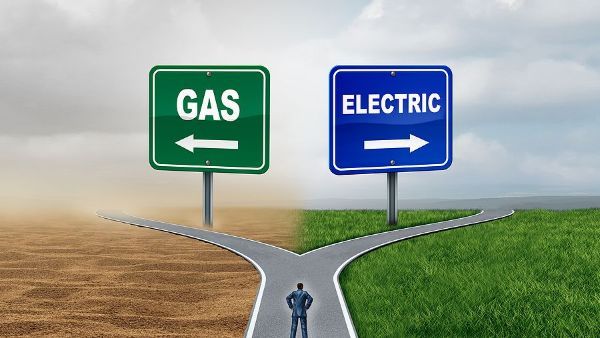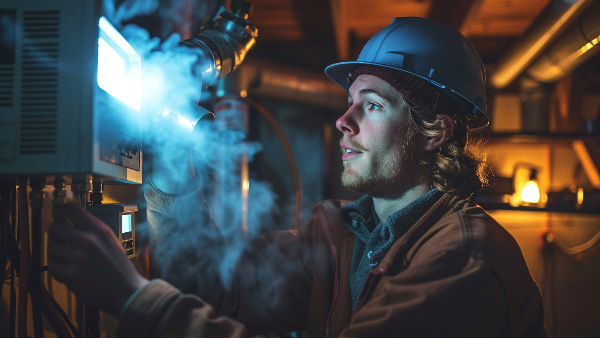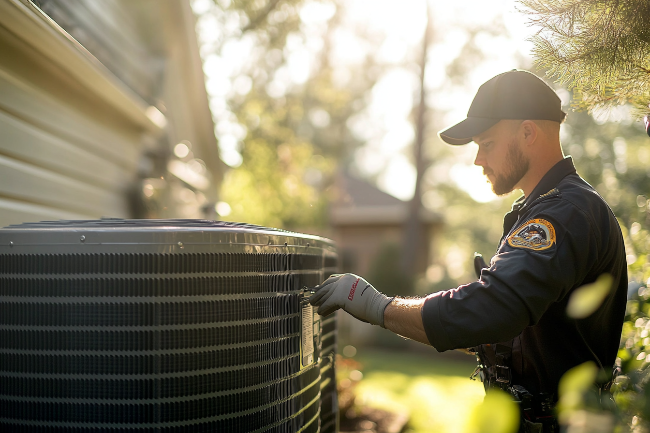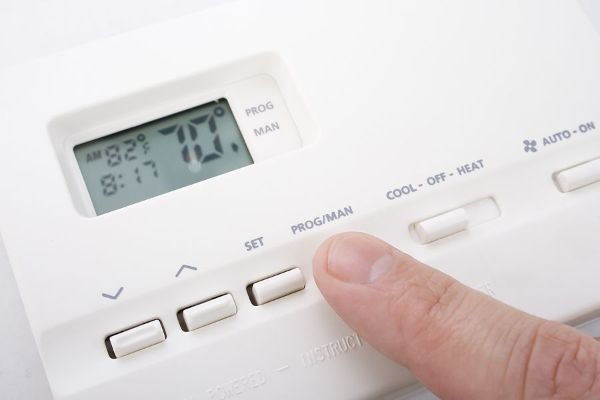GET A FREE QUOTE TODAY - (707) 228-9921
Winter Warmth Showdown: Heat Pumps vs. Furnaces
Choosing Between Heat Pumps and Furnaces
As winter approaches, choosing the right heating system becomes a priority for many homeowners. With options like heat pumps and furnaces, it can be challenging to decide which is the best fit for your home. Both systems have unique advantages and drawbacks, so understanding their differences is key to making an informed decision. Let’s dive into the features of heat pumps and furnaces to help you determine the ideal heating solution for your needs.
How Heat Pumps Work
Heat pumps operate by transferring heat rather than generating it. These systems use electricity to move heat from one place to another. During winter, a heat pump extracts heat from the outside air, even in cold temperatures, and transfers it indoors. In the summer, it reverses the process, acting as an air conditioner to cool your home.
Benefits of Heat Pumps
- Energy efficiency: Heat pumps are highly energy-efficient because they transfer heat rather than produce it, resulting in lower energy consumption.
- Dual functionality: Heat pumps provide both heating and cooling, making them a versatile year-round solution.
- Eco-friendly: These systems have a smaller carbon footprint compared to fossil fuel-based heating systems.
Drawbacks of Heat Pumps
- Higher upfront costs: The initial cost of a heat pump can be higher than a traditional furnace.
- Reduced efficiency in extreme cold: In areas with severe winters, heat pumps may struggle to extract enough heat from the air.
- Dependence on electricity: If your area experiences frequent power outages, a heat pump might not be the most reliable option.
How Furnaces Work
Furnaces burn fuel like natural gas, propane, or oil, or use electricity to generate heat, which moves through ductwork and vents to warm the home. They consistently deliver reliable warmth, even during the coldest weather.
Benefits of Furnaces
- Reliability in cold climates: Furnaces can provide steady heat regardless of outdoor temperatures.
- Lower initial costs: Furnaces often have a lower upfront cost compared to heat pumps.
- Wide fuel options: With gas, propane, oil, and electric models available, you can choose the fuel type that works best for your home.
Drawbacks of furnaces
- Higher operating costs: Furnaces generally consume more energy, leading to higher utility bills over time.
- Single-purpose system: Unlike heat pumps, furnaces do not offer cooling capabilities.
- Environmental impact: Gas and oil furnaces produce greenhouse gases, making them less eco-friendly.
Key Considerations When Choosing Between a Heat Pump and a Furnace
Climate
Your local climate is one of the most important factors to consider. Heat pumps work best in moderate climates where winters are not extremely cold. In regions with harsh winters, a furnace may be a better choice due to its ability to generate heat efficiently in freezing temperatures.
Energy costs
If electricity is relatively affordable in your area, a heat pump might save you money in the long run due to its energy efficiency. However, if natural gas is cheaper and readily available, a gas furnace could be the more cost-effective option.
Home size and insulation
The size of your home and the quality of its insulation also play a role in determining the best heating system. Heat pumps are often ideal for smaller, well-insulated homes, while larger homes or older houses with poor insulation might benefit from the robust heating power of a furnace.
Environmental impact
If reducing your carbon footprint is a priority, a heat pump is the more sustainable choice. Many heat pumps are compatible with renewable energy sources, further minimizing their environmental impact.
Comparing Costs: Installation and Long-Term Expenses
Heat pumps typically cost $3,000 to $8,000 to install, depending on the type and size, and are generally more energy-efficient, leading to lower operating costs. Regular maintenance, such as cleaning filters and ensuring coils are debris-free, is required. Furnaces, on the other hand, have installation costs ranging from $2,500 to $7,000, with higher operating costs due to fuel consumption. Maintenance involves annual servicing to check burners, filters, and ductwork.
Making the Right Choice for Your Home
Ultimately, the decision between a heat pump and a furnace depends on your specific needs, preferences, and budget. If you live in a mild climate and value energy efficiency, a heat pump could be the perfect solution. On the other hand, if you need reliable heat during freezing winters, a furnace might be the better option.
Choose Your Heating System With Confidence
Selecting the right heating system is a significant decision that impacts your comfort, energy bills, and environmental footprint. Whether you opt for a heat pump or a furnace, ensure it’s installed by a qualified professional to maximize efficiency and performance. Ready to upgrade your home’s heating system? Contact us today for expert guidance and installation services tailored to your needs.
Comments
More Posts That Might Interest You
Take Your Home Comfort To The Next Level
Whether you need your furnace replaced or your AC repaired, we've got you covered.

Next Level Heating & Air Conditioning Inc.
© 2018 Next Level Heating & Air Conditioning. All rights reserved.
Website Design and SEO by Fitz Designz








